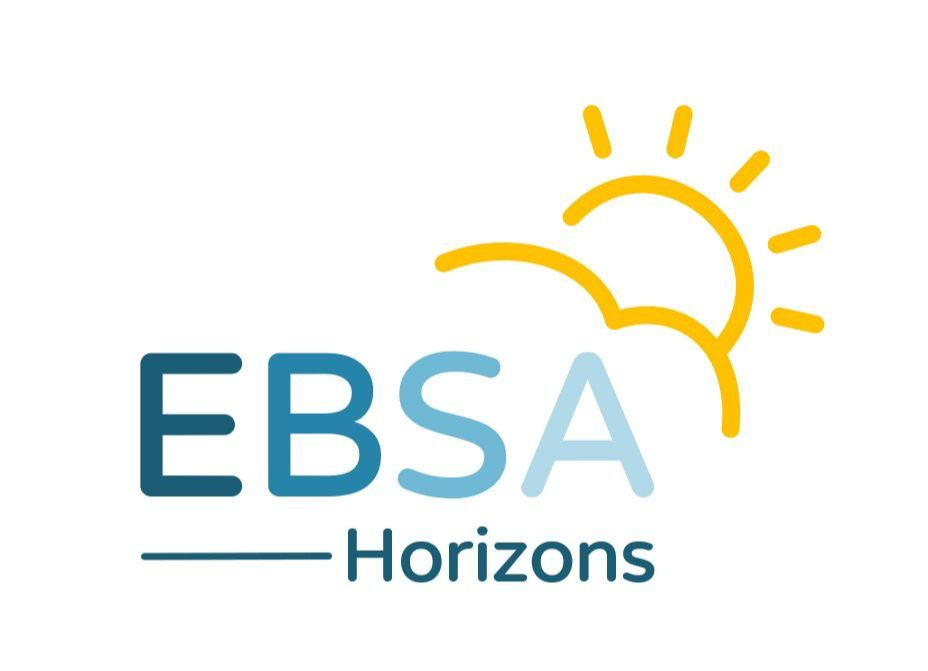


The EBSA Horizons Initiative

IN PARTNERSHIP WITH EDPSYCHED AND WAKEFIELD COUNCIL
The number of children and young people (CYP) who feel unable to attend school is a concern for all who work within education and children’s services nationally.
Wakefield are working hard to make the changes our children need and are supporting this work through providing specialist service advice, resources and training.
REGISTER NOWEmotionally Based School Avoidance (EBSA)
Emotionally Based School Avoidance (EBSA) is a broad umbrella term used to describe a group of children and young people who experience significant and enduring challenges in attending school due to emotional factors, mainly feelings of fear and anxiety.
The EBSA is more than just a child or young person’s perceived dislike for school. The school avoidance is rooted in emotional and physical anguish, and the difficulties can escalate to an extent that the CYP no longer feels able to attend school (even if they want to).
What's Included with EBSA Horizons?
EBSA Horizons is a comprehensive CPD course on Emotional Based School Avoidance by Specialist Educational Psychologist, Dr Jerricah Holder, which develops school staff understanding and skills to support children and young people and their families, experiencing difficulties attending school.
Providing training across Wakefield schools and services, will pave the way to raise awareness at a wider systemic level and ensure the needs of all these children are acknowledged, understood and addressed.
TRAINING
Online training by specialist Child and Educational Psychologist, Dr Jerricah Holder. Comprehensively covering a detailed understanding of how EBSA emerges and is maintained, models of intervention, and strategies for working at the levels of the child, school and home.

ASSESSMENTS
A range of assessment approaches, including creative ways to powerfully elicit the voice of the child, and EBSA Risk and Resilience Profiles at the level of the child, home and school to identify where interventions and strategies can have the greatest positive impact.
STRATEGIES
A detailed look at a range of evidence-based and practice-based strategies, alongside models of strategy development and implementation. Interviews with a Parent and previous EBSA pupil to hear and understand what has helped to make the difference in their lives.
Building on the shift in the narrative, moving away from the language of school refusal, and presenting an alternative model of EBSA, in which the child's voice is at the heart of assessment and intervention, and emphasis is placed on understanding EBSA in the context of interacting, child, home and school-based factors.
At Wakefield Council, we believe this state-of-the-art training and whole school approach will give our CYP the best support we can provide.
Registration Link
Please use the below link to register for the EBSA Horizons Professional CPD:
This link is not for schools, colleges or schools staff if you are trying to register your school, please email us at [email protected]
Frequently Asked Questions
More information about this course including answers to FAQs, can be found below:
Further Information
Evaluations of the trainings have included comments such as:
"Such a thorough course and has really helpful strategies. Thought provoking - it made me question my own thoughts and language used around this issue, as well as possible implicit biases I may have. Really enjoyed this and feel it was an incredibly valuable use of my time."
-----
"This course has given me a much deeper understanding and skill set to make a positive difference. Using these approaches has not only enabled a quicker and more successful return to school for children, but we've also had a clearer understanding of how we can build upon these successes to build their resilience and feel confident with their success in school being maintained."
-----
"Knowledge is power. With a better understanding I am hoping to become proactive with early identification and intervention."
-----
"I am armed with tools I can use in my work, and with knowledge to educate staff and other professionals I work with. I feel I can now confidently challenge the language around EBSA (e.g., "school- refusers") and it has also made me think that I would like to co-ordinate a pilot project on EBSA in my patch of schools."
You can take a look at more feedback and comments for EBSA Horizons here:
EBSA Horizons Feedback
If you have any further questions or queries about the EBSA Horizons Initiative in partnership with Wakefield Council, please don't hesitate to get in contact:
Wakefield Council - [email protected]
EdPsychEd - [email protected]
